Maria Sharapova: What is meldonium & will its use be widespread?
- Published
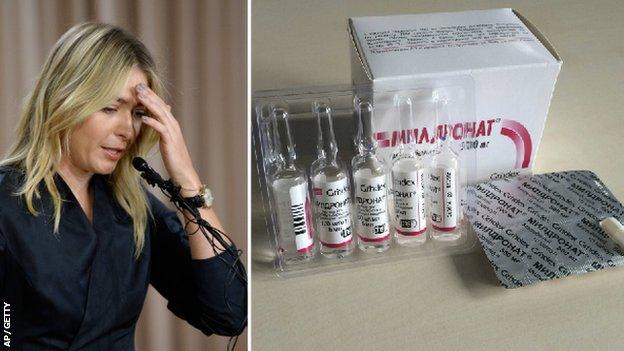
Maria Sharapova tested positive for a substance growing in popularity
Meldonium was barely on the radar until five-time Grand Slam champion Maria Sharapova revealed she recorded a positive drugs test for the substance.
The Russian, 28, has been taking the drug since 2006 for health issues.
But it was banned by the World Anti-Doping Agency (Wada) on 1 January and the former world number one has been provisionally suspended from 12 March and could eventually be hit with a four-year ban.
It appears a lot of athletes take meldonium, but what exactly is it, where does it come from, will we be hearing a lot more about it now and how easy is it to get hold of?
What is meldonium?
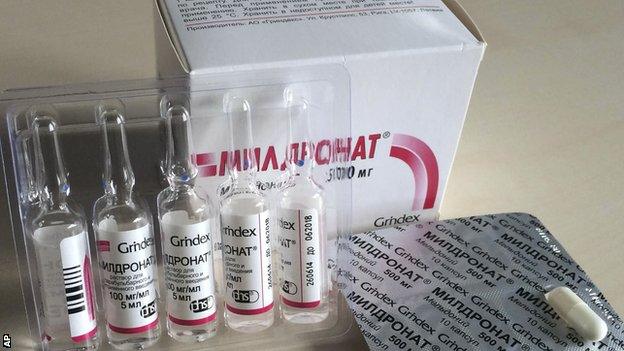
Meldonium is produced in Latvia and its use was monitored by anti-doping organisations last year before it was banned on 1 Jan
Meldonium - also known as mildronate - is a drug designed to treat ischemia, a condition where there is a reduction in blood supply to body tissue. It is also said to have benefits for diabetes sufferers.
According to Dr Tom Bassindale, a lecturer in forensic science at Sheffield Hallam University, it was developed in Latvia and approved in the early 2000s to treat diabetes and various heart-related diseases.
Dr Bassindale says it has the ability to adjust the body's use of energy, stimulating glucose metabolism and also helping to clear fatty build-up in the arteries.
Why would an athlete benefit from it?
How to make sure you won't fail a drugs test
The ability to increase oxygen movement to muscles means meldonium could have a positive effect on stamina and endurance.
Dr Bassindale said: "It's advertised as giving a mental focus, removing external stress so you feel sharper. There is a slight central nervous system effect, like with stimulants such as caffeine, which gives you a sharper edge.
"But it will aid recovery quicker from a hard effort, whether that's playing multiple games of tennis or a cyclist coming back the next day for another stage. There is also an endurance effect."
Can I buy it legally?

One supplement website told BBC Sport it had seen a spike in meldonium sales since Sharapova announced her failed test
In a word: yes. It is not licensed in the UK, so is therefore illegal to sell there. But it is not illegal to import it from abroad for personal use.
Following Sharapova's announcement, Russian supplements website RUPharma told BBC Sport it is had sold 150 packets of the drug in 24 hours, compared with 850 in the past 12 months.
The website says it has increased the price of a packet of 40 250mg tablets from £15 to £27 and employ a new member of staff to deal with the demand.
"As a joke, we now call mildronate the Sharaponate," said a spokesperson, who added that most of their sales are to UK and USA customers and the majority are for sport, rather than medicinal, use.
The UK government's Medicines & Healthcare Products Regulatory Agency urges people to not buy unlicensed drugs from abroad, as there is no guarantee that customers know if the product is safe.
Is it safe?
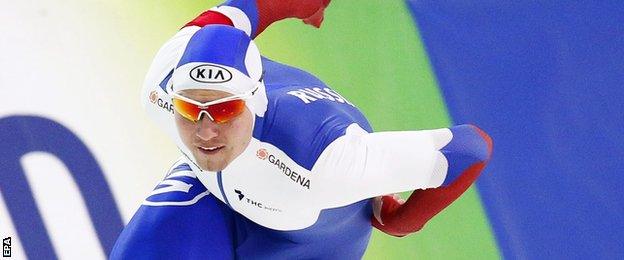
Russia's world champion speed skater Pavel Kulizhnikov has also tested positive for meldonium
Assuming the product is what it says on the label, there are no tests that show any serious side effects.
A Latvian manufacturer of the product - OlainFarm - says it is possible that some using the drug will suffer "headaches" and "agitation". It is also possible for there to be some skin irritation, though this is "very rare".
RUPharma said: "We do not know of any negative side effects, unless of course one overdoses. But that applies to any product or medicine."
Dr Bassindale added that he would expect it to have "gone through significant testing" in Latvia.
Is it used a lot?
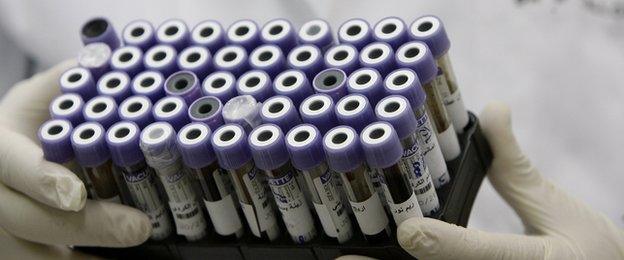
Tests have show how meldonium's usage is becoming more popular
Last year, as part of Wada's monitoring of meldonium, a testing centre in the German city of Cologne found that 182 of 8,320 random urine samples gave positive results for the drug - a rate of 2.2%.
"That's huge," says Dr Bassindale. "The overall positive tests for all other doping was about 2% from 280,000 tests."
BBC Russian's Pavel Fendenko said the drug is frequently sold over the counter in Russia and prescribed by cardiologists.
"In 2013, the Russian government put it on a list of essential drugs - on a par with things like insulin - which makes it subject to certain price caps," he said.
Why is it now banned?

Will Sharapova's prove the highest-profile link with meldonium? Or will more athletes test positive?
After monitoring the use of meldonium and researching its properties, Wada decided it was a performance-enhancing drug and should therefore be added to the banned list.
Dr Bassindale said: "When deciding whether to ban a drug, Wada looks at three things. Will it enhance performance? Is it detrimental to the health of an athlete? Is it against the 'spirit of sport'?
"To be banned, a drug must 'fail' two of these three tests. Presumably, in this case, they have also decided the drug is against the 'spirit of sport'."
Will we see more failed tests?
If 2.2% of random samples showed levels of the drug, then it is clearly being widely used, but it is impossible to tell how many samples tested positive for legitimate medical reasons.
Dr Bassindale says Sharapova's positive test may reduce the number of athletes using meldonium.
"This might have persuaded people to be much more careful," he said.
- Published9 March 2016
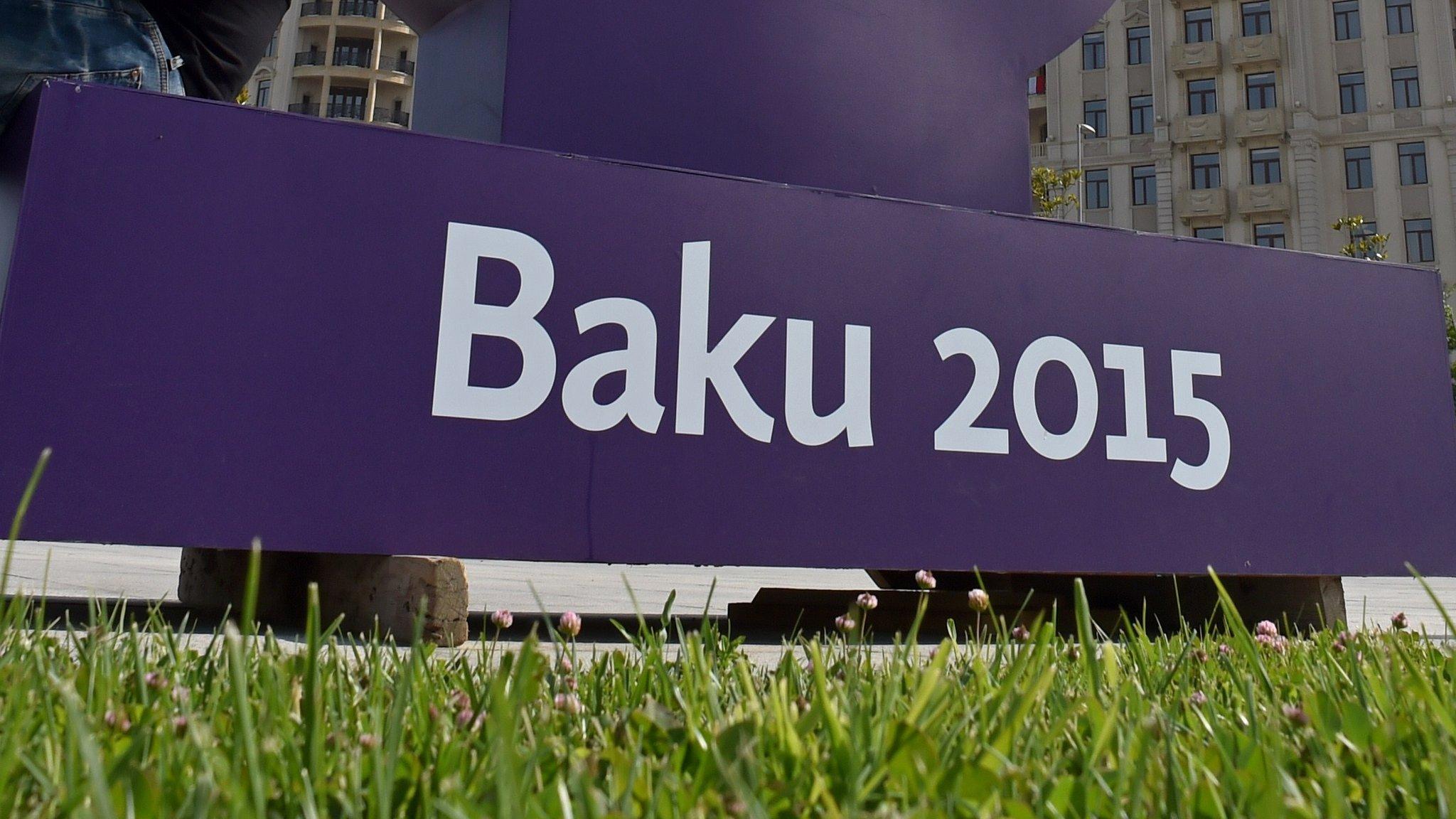
- Published8 March 2016
- Published8 March 2016

- Published19 July 2016
